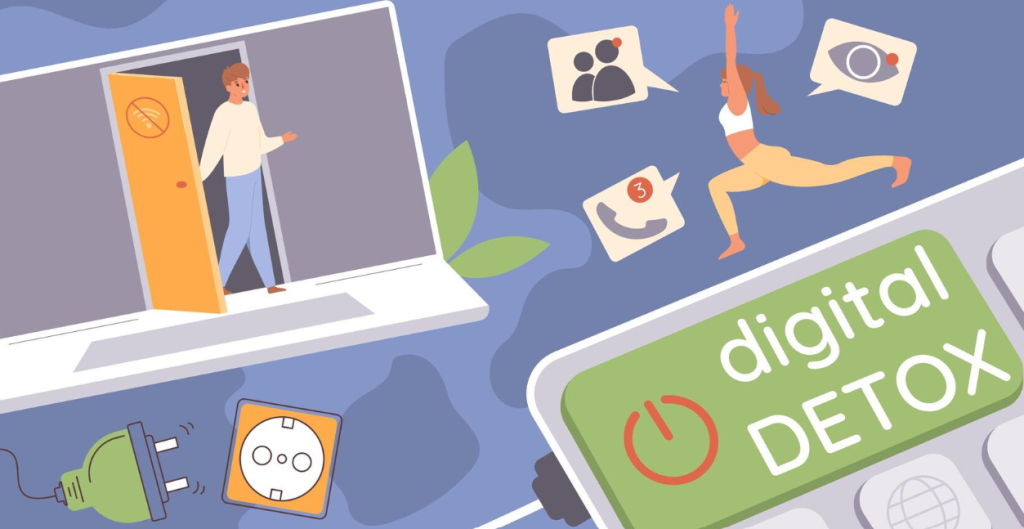Anxiety is a common mental health concern that affects millions of people worldwide. While medications and therapy can be effective, many individuals seek natural remedies to manage their symptoms without relying on pharmaceuticals. From herbal supplements to lifestyle changes, nature offers a variety of ways to soothe an anxious mind. In this article, we’ll explore some of the most effective natural remedies for anxiety that can help you regain balance and calm your mind naturally.
1. Herbal Remedies for Anxiety
Herbs have been used for centuries to promote relaxation and reduce stress. Here are some of the most effective herbal remedies for anxiety:
- Chamomile – Known for its calming properties, chamomile tea can help reduce mild anxiety and improve sleep.
- Lavender – Lavender essential oil or tea can lower stress levels and promote relaxation.
- Valerian Root – Often used for insomnia, valerian root can also help ease nervous tension.
- Ashwagandha – An adaptogenic herb that helps the body manage stress and reduce cortisol levels.
- Passionflower – This herb is known to increase GABA levels in the brain, which helps calm the nervous system.
Before trying any herbal remedy, consult a healthcare professional, especially if you’re taking other medications.
2. Lifestyle Changes to Reduce Anxiety
Simple adjustments to your daily routine can make a significant difference in managing anxiety. Consider these natural lifestyle changes:
Exercise Regularly
Physical activity releases endorphins, which are natural mood boosters. Even a 30-minute walk can help reduce anxiety symptoms.
Practice Mindfulness and Meditation
Mindfulness techniques and meditation can train your brain to stay present and reduce overthinking, a common trigger for anxiety.
Get Enough Sleep
Poor sleep can worsen anxiety. Establish a bedtime routine, limit screen time before bed, and create a restful sleep environment.
Limit Caffeine and Alcohol
Both caffeine and alcohol can exacerbate anxiety. Reducing or eliminating them may help stabilize your mood.
3. Dietary Adjustments for Anxiety Relief
What you eat can influence your mental health. Certain foods and nutrients can help reduce anxiety naturally:
- Omega-3 Fatty Acids – Found in fatty fish, flaxseeds, and walnuts, omega-3s support brain health and reduce inflammation linked to anxiety.
- Magnesium-Rich Foods – Magnesium helps regulate neurotransmitters. Include leafy greens, nuts, and whole grains in your diet.
- Probiotics – Gut health is linked to mental health. Fermented foods like yogurt, kefir, and sauerkraut can improve gut-brain communication.
- Complex Carbohydrates – Whole grains and legumes help stabilize blood sugar levels, preventing mood swings.
Eating a balanced diet rich in these nutrients can support emotional well-being.
4. Breathing Techniques and Relaxation Exercises
When anxiety strikes, controlled breathing can help calm your nervous system. Try these techniques:
Diaphragmatic Breathing
Also known as belly breathing, this technique involves deep, slow breaths to activate the body’s relaxation response.
4-7-8 Breathing
Inhale for 4 seconds, hold for 7 seconds, and exhale for 8 seconds. This method can quickly reduce anxiety.
Progressive Muscle Relaxation
Tense and release each muscle group in your body to relieve physical tension caused by anxiety.
Practicing these exercises daily can help you manage anxiety more effectively.
5. Aromatherapy and Essential Oils
Scents have a powerful effect on emotions. Essential oils can be used in diffusers, baths, or applied topically (diluted) to promote relaxation:
- Lavender – Reduces stress and promotes sleep.
- Bergamot – Uplifts mood and eases tension.
- Frankincense – Encourages deep breathing and meditation.
- Ylang-Ylang – Helps lower heart rate and blood pressure.
Always use essential oils safely by diluting them with a carrier oil and performing a patch test first.
Managing anxiety naturally is possible with the right combination of herbal remedies, lifestyle changes, dietary adjustments, and relaxation techniques. While these methods can be highly effective, severe or persistent anxiety may require professional support. If your symptoms interfere with daily life, consider speaking with a healthcare provider. By incorporating these natural remedies into your routine, you can take meaningful steps toward a calmer, more balanced mind.

